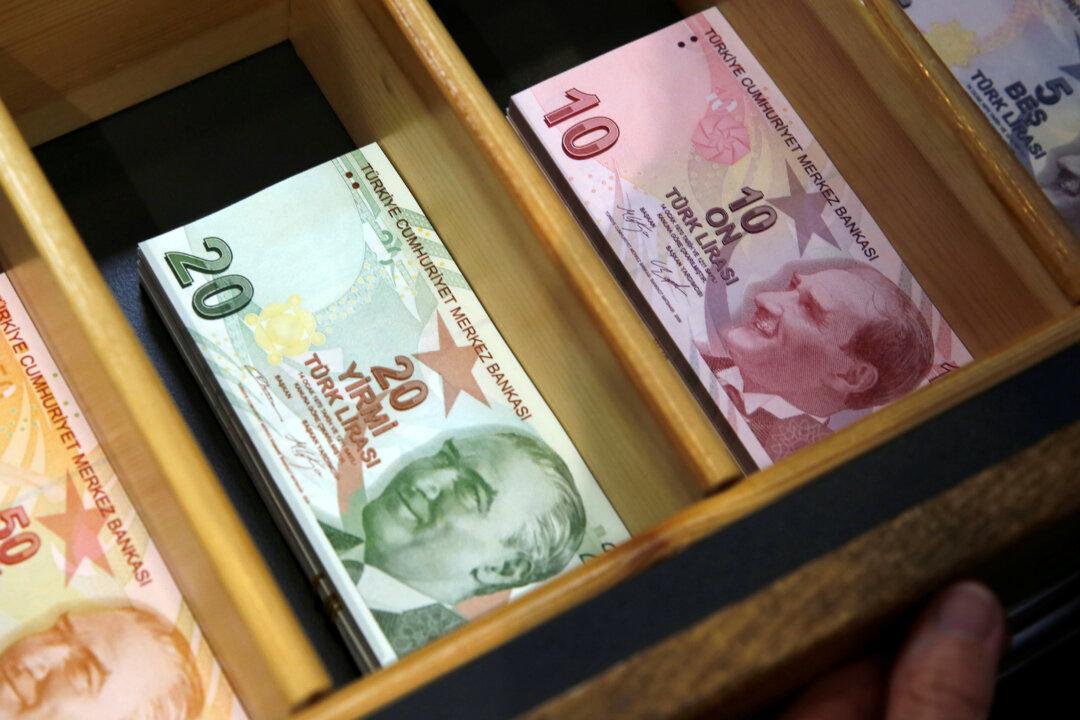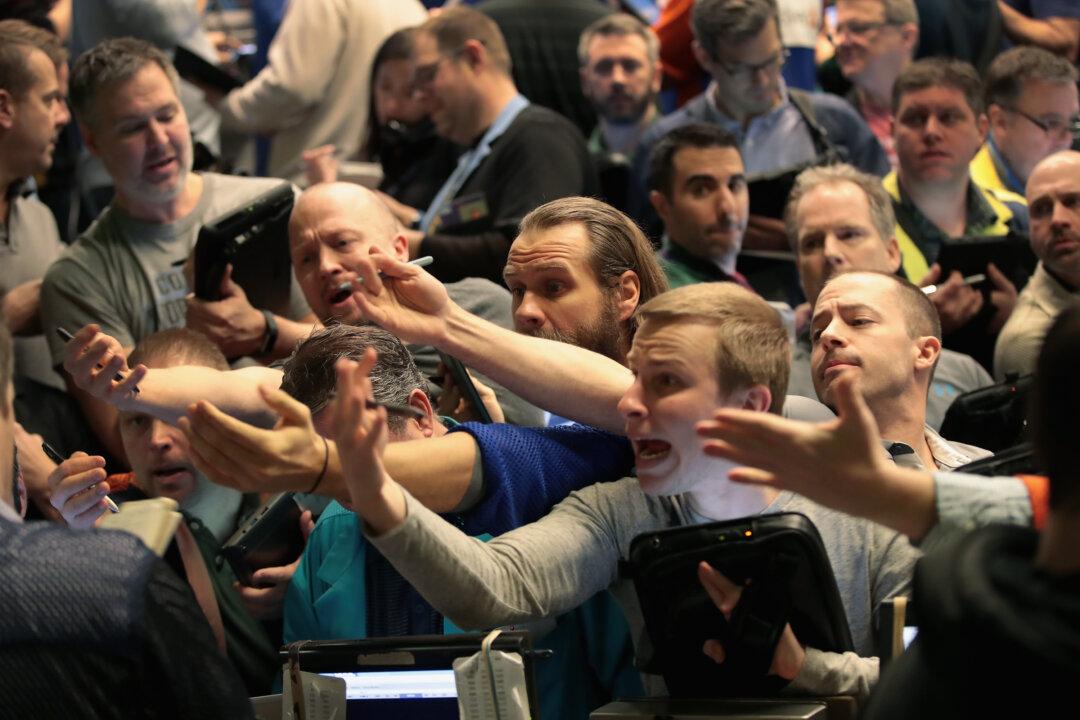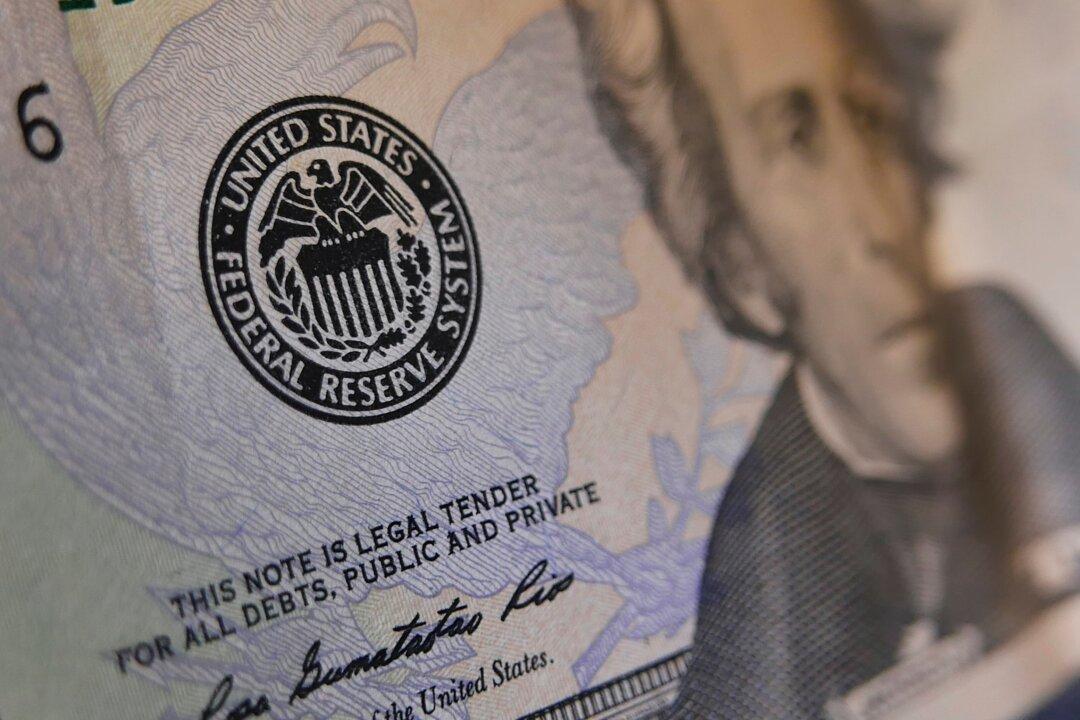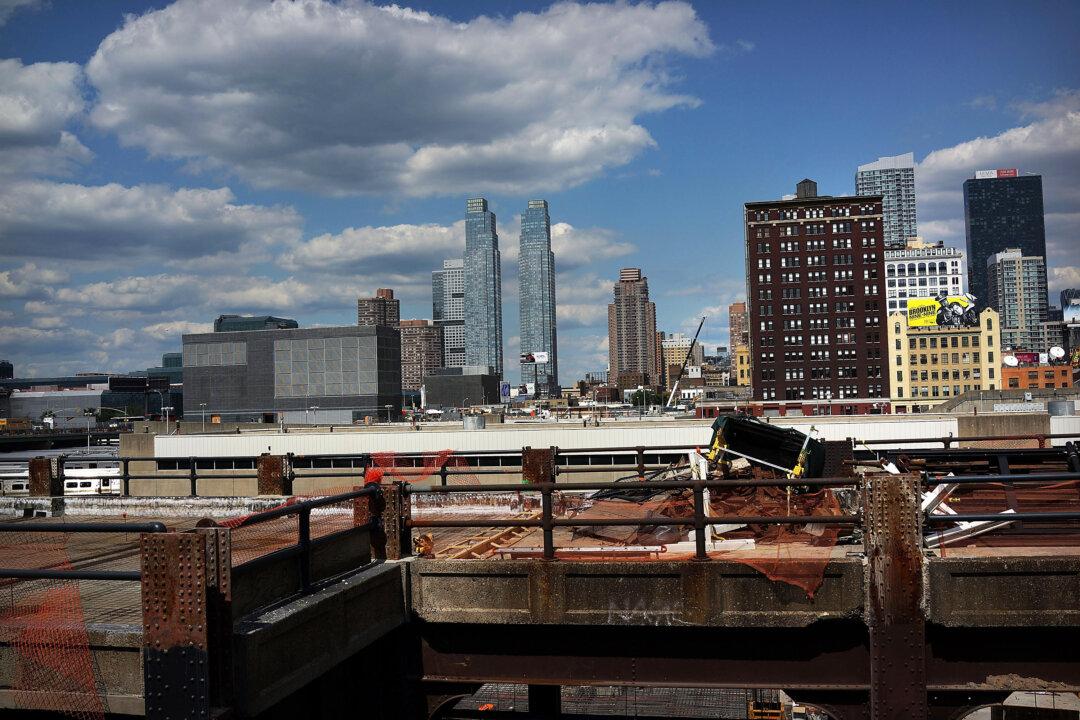The value proposition of bitcoin is that it exceeds gold in every one of Austrian economist Carl Menger’s elements of liquidity, except one: stability.
The reasons for why bitcoin can never be stable, and therefore can have no monetary value, are subtle and far beyond the grasp of most economists, much less amateur speculators. Since it has no other claim to value except for replacing gold, it may eventually end up at zero.





